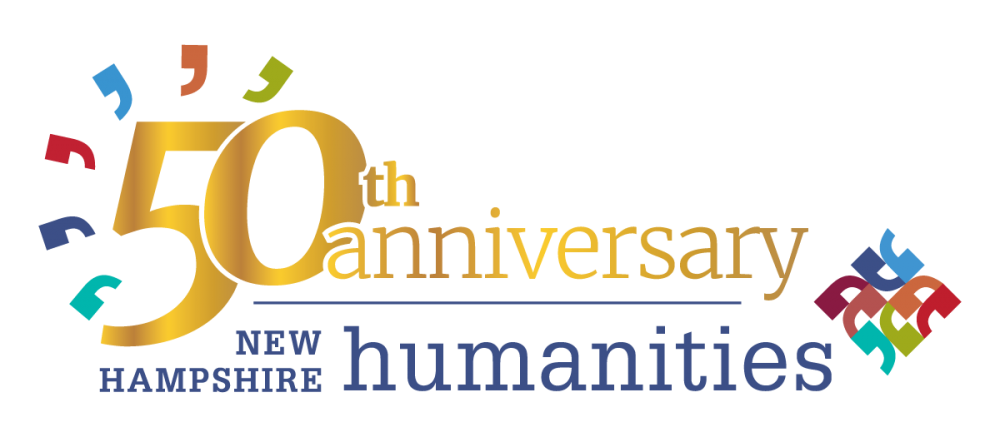Ireland's Great Famine in Irish-American History: Memory and Meaning
Virtual
Presenter: Mary C. Kelly
Ireland’s Great Famine of 1845-1852 launched a powerful new chapter in the history of Irish America. This illustrated presentation centers on the human floodtides who escaped Ireland’s ravaged countryside on grim “coffin ships” to seek refuge in teeming American urban tenements. We begin with contemporary images of Ireland’s devastation and the large-scale, unanticipated, and unwelcome Catholic Irish presence in east coast harborsides, followed by reflection on the harsh reception that greeted the Famine exiles in America. From there, we encounter powerful sources of ethnic Irish political and cultural advancement over late 19th and early 20th century decades, from John L. Sullivan to the Kennedys and beyond. As we contemplate pillars of Irish-American achievement in spheres of politics, education, labor, faith, and sports, we navigate shadowy and contested pathways of Famine remembrance over the same years and decades. Enrich your understanding of the Famine as a crucial episode for the Irish in America, and reflect on how its memory and legacy continue to shape what it means to be Irish-American today.

Join us as we celebrate 50 years of bringing the humanities to your community!
Drawing on material from her book Ireland's Great Famine in Irish-American History, Dr. Kelly will discuss the role of the Famine in shaping Irish-American ethnic identity. Focusing on the long-term impact of the episode between the 1840s and 1990s, she explores the shadowed landscape of Famine legacy and its status in Irish-American culture today. Referencing contemporary press accounts and the writings of Famine survivors and their descendants, Dr. Kelly shows how interrogating Famine memory enables the Irish on both sides of the Atlantic to deal with the material and emotional inheritance of this tragic experience.
REGISTER